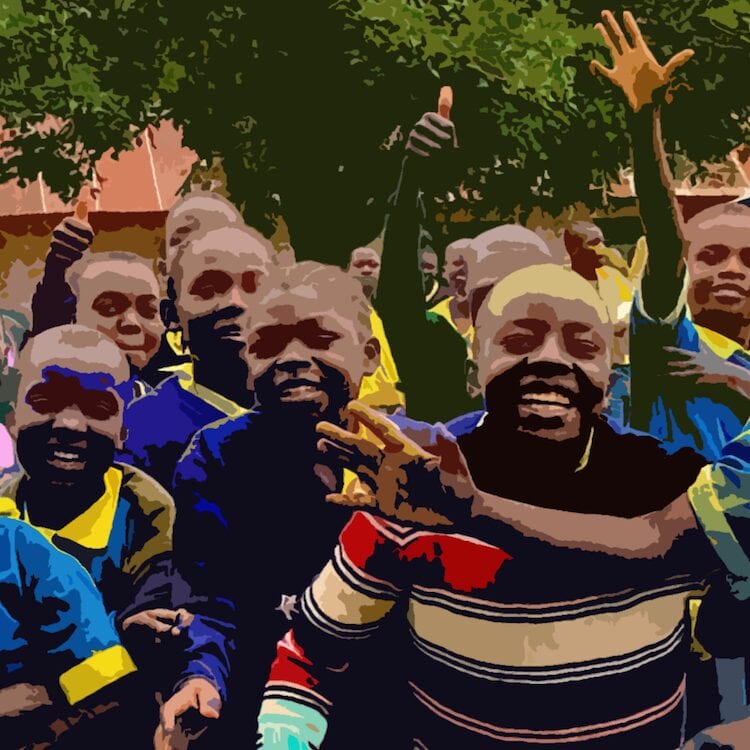A research team is testing a novel new approach to helping orphans in Kenya get mental healthcare.
The majority of the world’s population lives in low-income countries with extremely limited access to mental health care. For example, Africa has just 1.4 mental health professionals for every 100,000 people.
For more than a decade, a multinational team of researchers has been exploring ways to help 50 million orphans in Africa who are grieving the loss of one or both parents. It’s important because being orphaned predicts problems like substance abuse, dropping out of school, and risky sexual behavior.
With a new, five-year $3.4 million grant from the National Institute of Mental Health, a team led by professors Kathryn Whetten at Duke and Shannon Dorsey at the University of Washington is testing a novel new approach.
Their strategy? Train local people with no mental health background to conduct Trauma-Focused Cognitive Behavioral Therapy (TFCBT).
This episode was recorded on location in Bungoma, Kenya.
- Read more about the current study and a related project
- Find out more about the Duke Center for Health Policy and Inequalities Research at the Duke Global Health Institute
- Learn about the work of research partner ACE Africa
- Read the episode transcript
- View the music video of the closing song, Pamoja Tunaweza
- Music: Theme music by David Schulman. Additional music by Blue Dot Sessions/Creative Commons.
Note on translated interviews: In the interest of brevity, some portions of interviews conducted in Swahili were condensed or presented in a different order.


